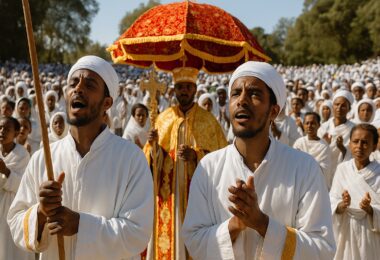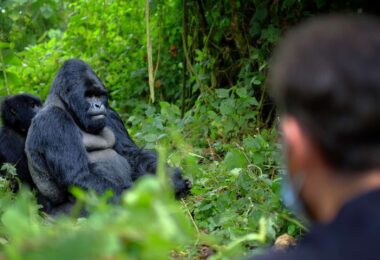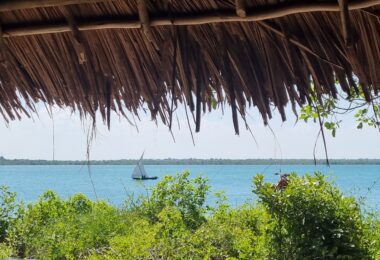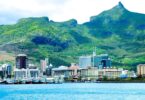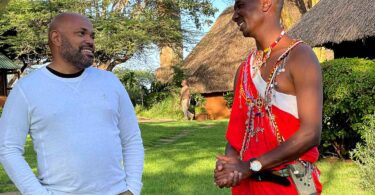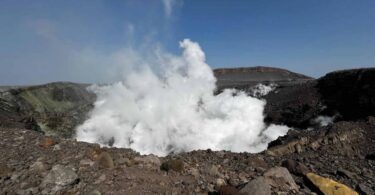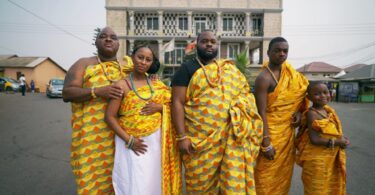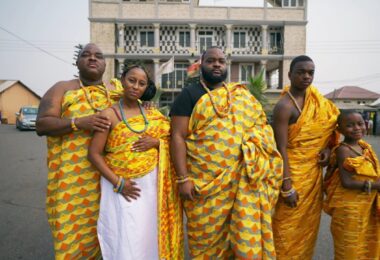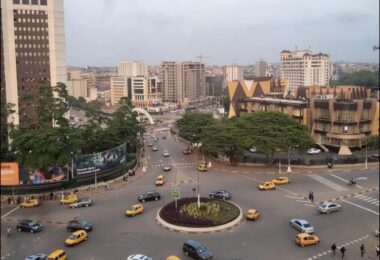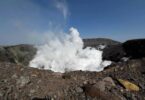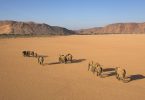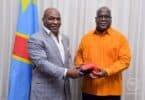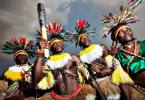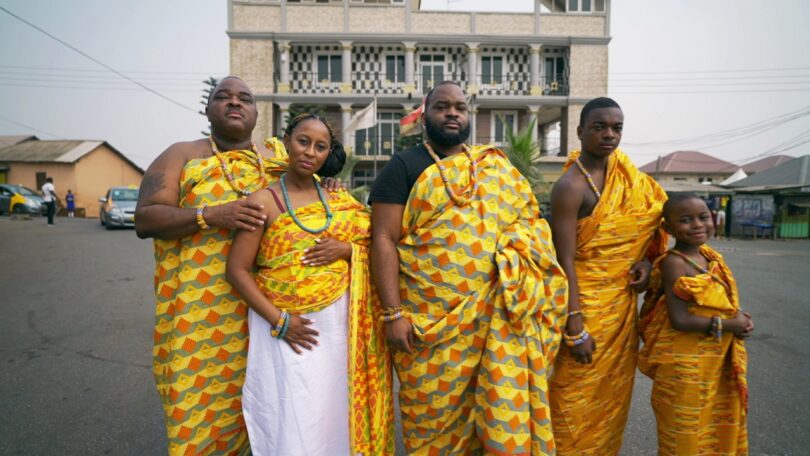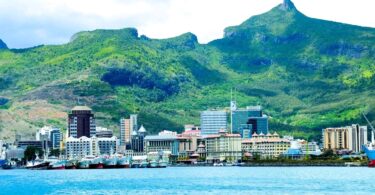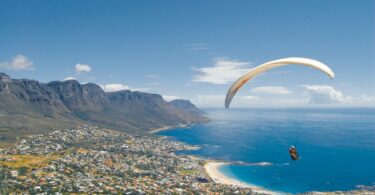The dream of an African safari or a tropical island getaway puts assumptions of high price tags at...
Adventure
Culture
11 Best African Cities for African Americans to Visit
“Black Resistance” is 2023’s Black History Month theme. It is a connotation of the decades of...
Destination
Why the Ethiopian Volcano Eruption after 12,000 Years Shocked...
The possibility of an Ethiopian volcano eruption is always on the minds of anyone living in the...
Travel guides
8 Countries to Consider in the African American Relocation Guide...
African American Relocation Guide 2026 explores the best African cities for expats, covering cost...
Travel And Tour Packages
Africa
11 Best African Cities for African Americans to Visit
3 Things to Guide You into Cheap Holiday Deals...
Why the Ethiopian Volcano Eruption after 12,000 Years...
Why Mauritius is the Safest Country in Africa: 4...
Nature Surprise! How Desert Elephants in Namibia and...
4 Unforgettable Places to be! A Guide to Bird Watching...
Mike Tyson Kinshasa Visit Honors “Rumble in the...
11 Weird Things About Tanzania’s Hadzabe Tribe –...
11 Cameroon Holidays and Festivals | What They Mean
6 Reasons the World Can’t Stop Talking About What...
Latest Posts
11 Best African Cities for African Americans to Visit
“Black Resistance” is 2023’s Black History Month theme. It is a connotation of the decades of...
3 Things to Guide You into Cheap Holiday Deals Africa 2025
The dream of an African safari or a tropical island getaway puts assumptions of high price tags at...
Why the Ethiopian Volcano Eruption after 12,000 Years Shocked...
The possibility of an Ethiopian volcano eruption is always on the minds of anyone living in the...
Why Mauritius is the Safest Country in Africa: 4 Reasons...
More people are now buying property and investing in the safest country in Africa, Mauritius. South...
9 Best Holiday Destinations Africa 2025
The search for the best holiday destinations Africa 2025 leads to a continent ready for a historic...
7 Places an All Inclusive Beach Holiday Zanzibar Should Take You
Embarking on an all inclusive beach holiday Zanzibar is the classic Indian Ocean dream, offering a...



